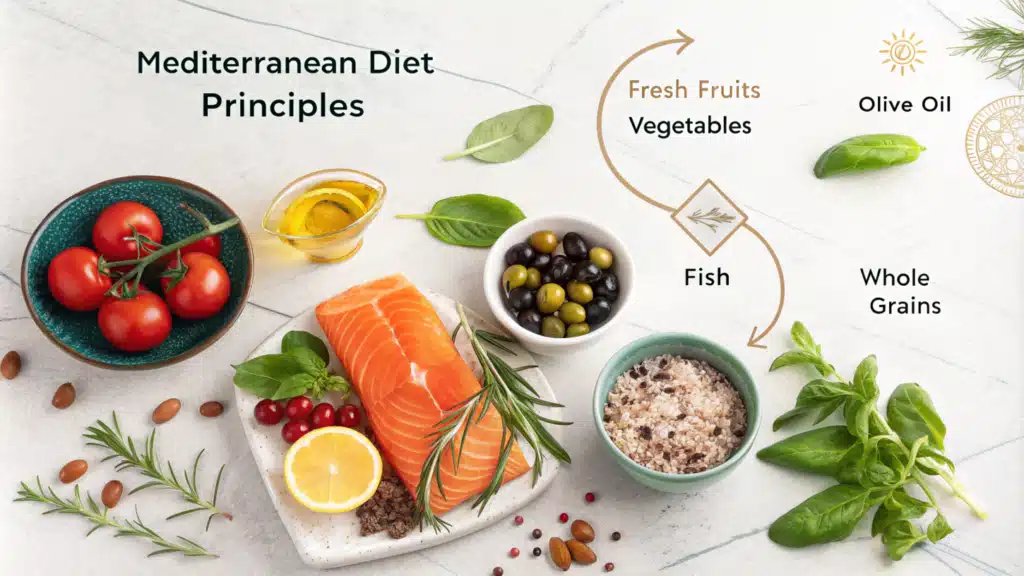High-Quality Proteins: Scientific Guide to Muscle Health
Protein quality is determined by amino acid composition, digestibility, and bioavailability. Complete proteins contain all essential amino acids in optimal ratios for muscle protein synthesis, metabolic function, and overall health maintenance.
Protein Quality Assessment
Scientific methods for evaluating protein quality include the Protein Digestibility Corrected Amino Acid Score (PDCAAS) and the newer Digestible Indispensable Amino Acid Score (DIAAS), which consider amino acid composition, digestibility, and biological utilization.
Muscle Protein Synthesis Optimization
Muscle protein synthesis is maximally stimulated by 20-30g of high-quality protein containing 2.5-3g of leucine. Protein distribution throughout the day (20-40g per meal) maintains positive protein balance more effectively than single large doses.
Metabolic Benefits
High-quality proteins increase thermogenesis (20-30% of protein calories burned during digestion), enhance satiety through hormonal signaling, support stable blood glucose levels, and preserve lean mass during weight management.
Plant-Based Protein Strategies
Plant proteins can meet all amino acid requirements through strategic combinations: legumes with grains, nuts with seeds, and consuming diverse protein sources throughout the day to ensure complete amino acid profiles.
This content is educational and does not substitute for personalized nutrition advice. Consult healthcare providers for specific dietary needs.





